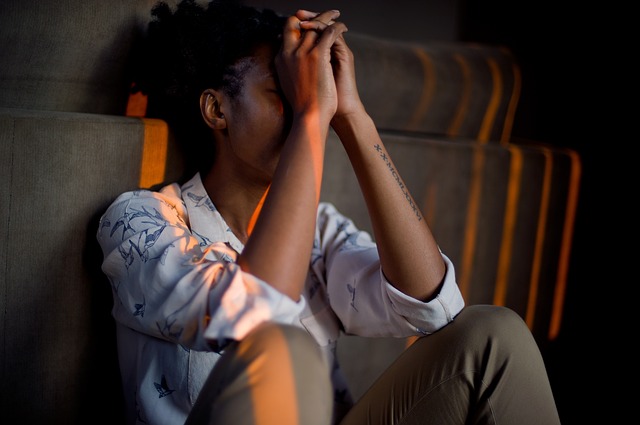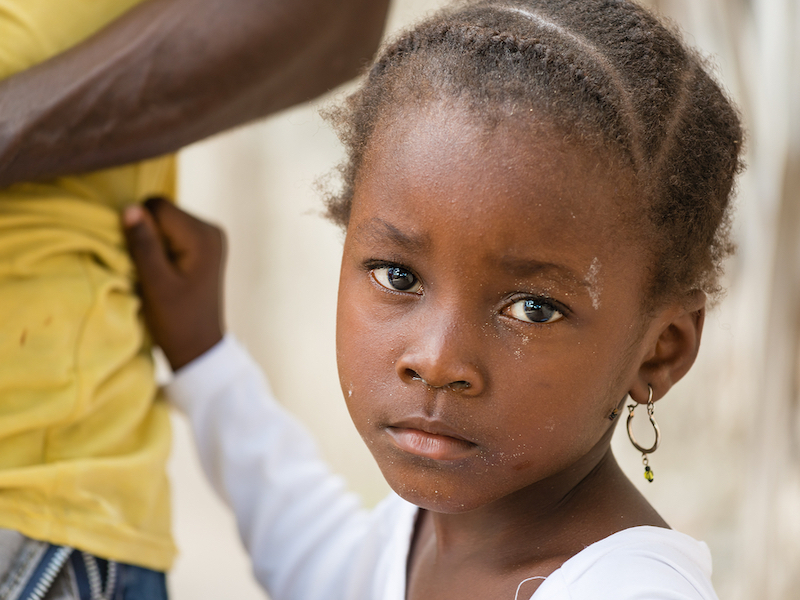
Eleanor Baldwin writes for the Immigration Advice Service, an organisation of immigration lawyers which provides full and free legal support to migrant victims of domestic abuse and violence.
As the rate of domestic murder reaches a five-year high, the government’s Domestic Abuse Bill is being questioned.
A devastating 173 people were killed in domestic violence related attacks in 2018, an increase from 141 in 2017. The number of crimes is increasing, with 599,549 crimes reported in March of 2018, which sees a 23 per cent rise from the previous year.
Further statistics from 2018 demonstrate that roughly two million adults between the ages of 16 – 59 have experienced a form of domestic abuse. Of these two million adults, 1.3 million were women, whilst 695,000 were men. Women are reportedly four times as likely to be killed by a current or former partner than men, according to the Office for National Statistics. Equally, Action Aid reports that globally there are five women killed every hour by a current partner, previous partner, or family member. In the UK alone there are two women killed each week in England and Wales, according to the same report. Between April 2014 and March 2017, the BBC found that around three-quarters of victims of domestic killings in which the perpetrator was a partner, ex-partner or family member were female.
Clearly, women are at an increased risk of domestic violence simply for being women. Migrant women, however, are even more susceptible to domestic abuse. Migrant and British BAME (Black, Asian and Minority-Ethic) victims are also at a high risk of other forms of violence and abuse; these women often face forced marriage, ‘honour’ based violence, or female genital mutilation (FGM).
What’s more, migrant women living in the UK, such as refugees and partners of British citizens who hold a Spouse Visa, are more likely to stay silent and risk further abuse due to their fear of being deported. It is known that police frequently report migrant victims of domestic violence to the home office. Refugee and migrant women are often unprotected, and too afraid to report abuse for fear of losing their immigration status and being deported. This is particularly worrying when considering the close links between domestic violence and domestic murder; often the longer domestic abuse cycles are allowed to continue, the more likely a domestic murder becomes.
Sadly, the fear that many of these women face is not unfounded; a super-complaint was launched against the English and Welsh police forces for the first time ever last December which alleged that police have been reporting victims and witnesses of domestic violence to immigration authorities since 2012, when the infamous hostile environment policy was first rolled-out. Charities ‘Liberty’ and ‘Southall Black Sisters’ suggested that by reporting victims to immigration authorities in this way, the police are going against their broader initiative of enforcing human rights law.
While Boris Johnson has stated that he is “fully committed” to tackling domestic abuse, many do not have faith in his approach, particularly since he has cut and opposed public spending in women’s services and refuges since he became Prime Minister. With domestic abuse clearly a predominant issue in today’s social climate, many are insisting that the government review the current domestic abuse bill, though Johnson himself has not indicated the cabinet will be doing so. Protestors are demanding that the bill be updated to ensure all victims, including migrant women, are guaranteed access to safe reporting systems and public funding that may be needed to escape abuse; the bill will fail in its duties if minority women living in the UK are not protected and blocked from the support that they need.
There are also fears that a Brexit Britain will only lead to further difficulties for migrant victims attempting to access support. Thorough documentation proving residency will be needed for survivors of abuse to gain much needed care, and this could cause issues for the European domestic violence victims who are not able to register for settled status in time for Brexit day.
Whilst charities and activists campaign for the bill to be reviewed, they also argue that to prove serious intentions the government must ensure funding cuts do not disproportionately affect the services provided to migrant women.
The shocking truth is that migrant women are failed from all angles when it comes to domestic violence and the risk of domestic murder. The domestic abuse bill in its current format refuses to acknowledge how at risk they are, while remnants of the hostile environment policy and police reporting processes put victims off from coming forward to authorities. What’s more, the threat Brexit poses to immigration laws, and the lack of funding women’s services currently receive from the government creates a recipe for disaster – and a recipe for even more lives to be tragically cut short in the future.








